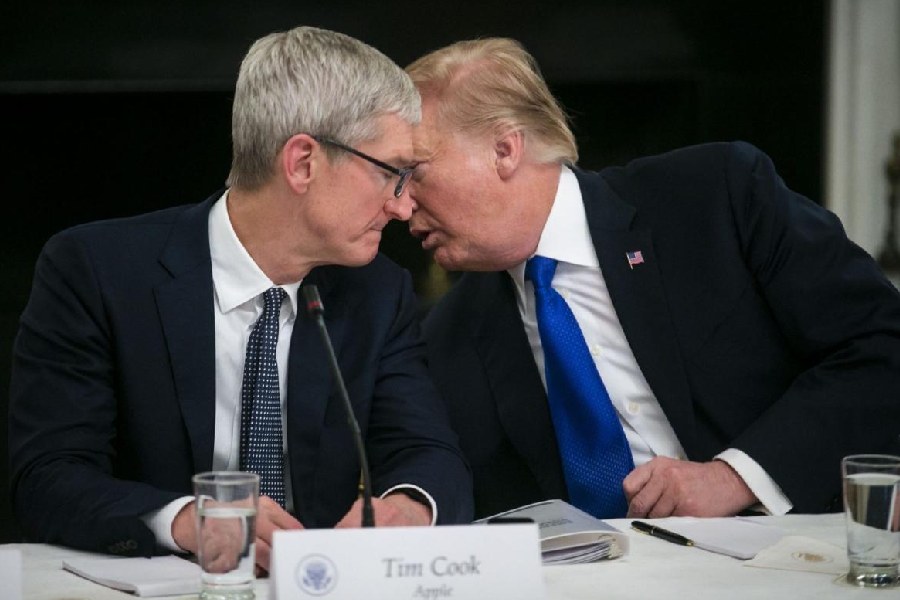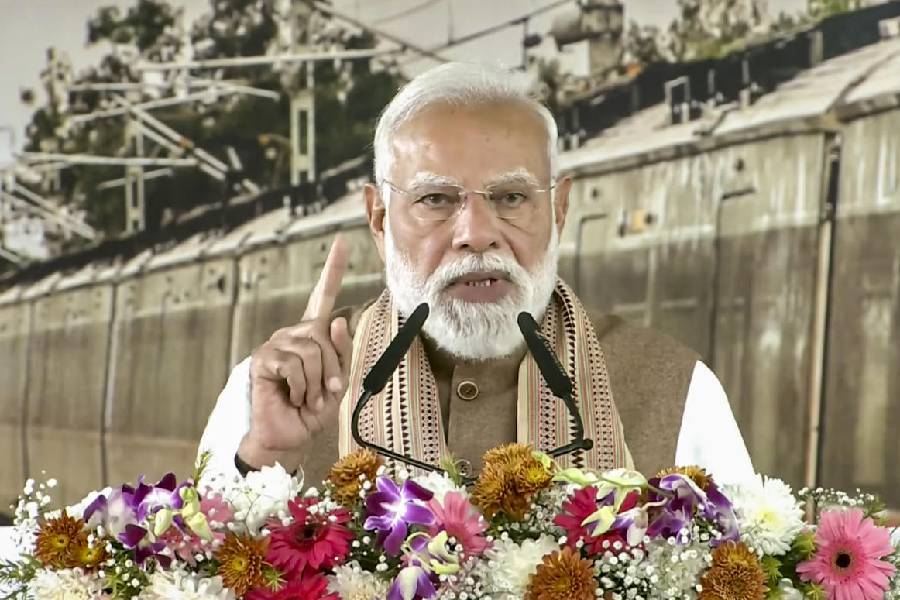Donald Trump has announced that he has requested Tim Cook, the chief executive officer of Apple, not to expand his company’s production capacity in India unless the entire extra production is meant to cater exclusively to the Indian market. This statement is rather awkward for Mr Cook as well as for the Government of India. This is because India is already in the midst of finalising a large bilateral trade deal with the United States of America after Mr Trump announced the imposition of prohibitive tariffs on Indian exports that have now been paused for a specific time period. There has been some unofficial noise too that India is apparently willing to cut tariffs on goods made in the US. In the midst of all this, Mr Trump’s request to the CEO of Apple could adversely affect the advantages India might accrue by getting more manufacturing activity into the country in lieu of reducing tariffs on American products. Apple is already manufacturing 15% of its global production of iPhones in India. The company has revealed its plans of expanding its capacity in India to the GoI. Mr Trump’s statement could put all these plans in jeopardy. The resultant uncertainty would be a drag on Indo-US trade relations.
Mr Cook, on the other hand, faces a different kind of dilemma. It is not easy to ignore a request from the president of the US to restrict production in India. Yet, he would have to consider the cost advantages in locating the manufacturing of his company’s products. If it is cheaper to produce in India than in the US or, say, in China, then he might as well do so. That is the essence of capitalism. Cost advantages are not only measured in terms of the accounting costs of resources but also by the investment climate and political stability that a business location provides. At the moment, given Mr Trump’s unpredictable disposition, the US is arguably one of the most difficult places to park large, long-term investments. China, too, is not attractive given the fact that it has been caught in a complicated trade war. There is no doubt that uncertainties in the Chinese economy have also grown significantly since Mr Trump returned to the White House.
Large companies in the contemporary world produce for global markets and not for any one nation. Mr Trump must realise that corporations will not jump tariff walls to go in for long-term investments in a location where labour costs are high and policy uncertainty presents a clear and persistent risk for business continuity. His goal of reviving manufacturing in the US could suffer on account of his bullish attitude towards private entrepreneurship.










